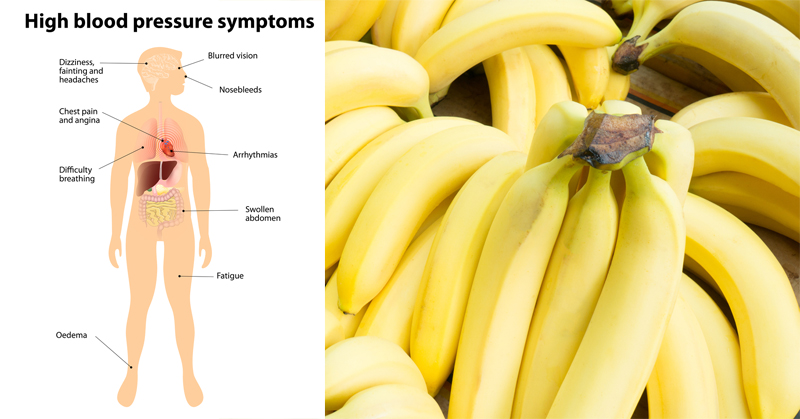According to the Centers for Disease Control and Prevention, about 70 million American adults (29%) have high blood pressure. That’s one out of every three adults! And only about half of them have their condition under control. Uncontrolled high blood pressure, also called hypertension, can cause damage to the body and even become fatal. (1)
High blood pressure is a condition that usually shows few to no symptoms.
So if you don’t check your blood pressure because you assume symptoms will alert you if something is wrong, then you’re most likely taking a dangerous chance that could cost you your life. In fact, research shows that over one-third of people with high blood pressure are completely unaware of it! (2)
In severe cases of high blood pressure, symptoms may appear.
Specifically, signs of a serious hypertension problem include: (3)
- Feeling confused or other neurological symptoms
- Nosebleeds
- Fatigue
- Blurred vision
- Chest pain
- Abnormal heartbeat
On the other hand, some conditions may develop when high blood pressure is left untreated, including: (4)
- Damage to the heart and coronary arteries, leading to cardiovascular disease. This can include a heart attack, heart disease, congestive heart failure, aortic dissection, and atherosclerosis (the hardening of arteries).
- Stroke
- Kidney damage
- Loss of vision
- Memory loss
- Sexual dysfunction
- Angina
- Peripheral artery disease
Risk Factors for High Blood Pressure
Since high blood pressure may not have symptoms to alert you that something is wrong, it’s important to know the risk factors for developing hypertension, as well as the steps to prevent it.
Yes, there are several factors that you may have no control over. A family history of high blood pressure, for example, puts you at a higher risk, as does aging and even sleep apnea.
Fortunately, other risk factors can be controlled. These lifestyle changes will help reduce the risk of hypertension. (5)
1. Lack of Physical Activity
Exercising on a regular basis is beneficial to your health in so many ways. It helps keep your heart and circulatory system healthy. An inactive lifestyle increases your risk of high blood pressure, heart disease, blood vessel disease and stroke. Staying active will also help you to stay at a healthy weight and improve your overall health.
2. Poor Diet
Shoveling fast food, processed food, and soda into your body is similar to treating it like a trash can. Caring for your body involves eating a healthy diet full of fruits and vegetables and essential nutrients, as well as drinking plenty of water. A diet high in calories, fat, salt, and sugar puts you at a higher risk for high blood pressure and a long list of other health problems.
3. Heavy Alcohol Use
Heavy and regular alcohol consumption can dramatically increase blood pressure. It can also lead to heart failure, stroke and irregular heartbeats. Overloading your body with alcohol can contribute to high triglycerides, cancer and other diseases.
Preventing High Blood Pressure
Blood pressure levels vary by age, race, sex, and even economic status. First, check in with a health care professional to determine where your blood pressure levels are versus where they should be. Getting a baseline helps you to know which strategies work for you.
In addition to the risk factors above, try these lifestyle changes. That healthy diet should limit your salt intake, and it should help you maintain a healthy weight. Also try to manage stress and, of course, avoid smoking. (6)
Research has shown that in order to lower blood pressure naturally, it’s important to choose foods that are naturally low in sodium and high in at least two of these three minerals: calcium, magnesium and potassium. Here are several foods that you’ll want to incorporate into your diet to help reach your essential mineral goals: (7)
- White Beans
- Kiwifruit
- Peaches
- Nectarines
- Bananas
- Kale
- Red Bell Pepper
- Sweet Potatoes
- Quinoa
- Avocados


